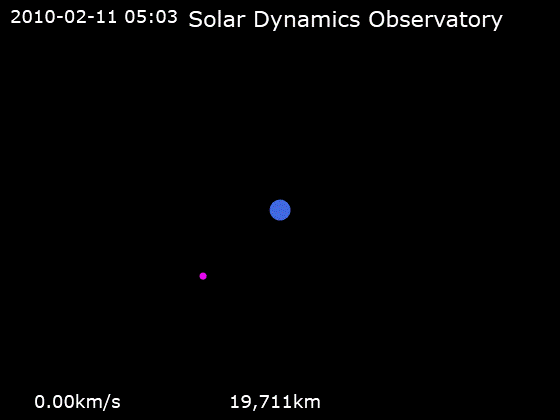Drake Awards 2025: Honoring Pioneers in Astrobiology and SETI Research

On May 20, 2025, the SETI Institute held its annual Drake Awards ceremony in Mountain View, California, recognizing significant contributions to the fields of astrobiology and the Search for Extraterrestrial Intelligence (SETI). This year's awards celebrated the pioneering work of Dr. John Baross, Dr. David Deamer, and Dr. Joseph Twicken, whose research has greatly advanced our understanding of life's origins and the search for habitable planets beyond Earth.
Dr. John Baross, a microbiologist known for his extensive research on hydrothermal vents, was awarded for his work in identifying extreme environments as potential cradles of life. His research has been pivotal in understanding extremophiles, organisms that thrive in harsh conditions, thereby providing insights into the possible existence of life on other planets. Dr. Baross's work is crucial in the context of astrobiology, as it highlights the resilience and adaptability of life, crucial factors in the ongoing search for extraterrestrial life.
Dr. David Deamer, a biomolecular engineer, was recognized for his innovative theories on the origins of life, particularly his studies on membrane formation in shallow water environments. His research focuses on how the first living cells may have formed, lending significant insights into the biochemical processes that could lead to life elsewhere in the universe. According to Dr. Deamer, “Understanding the origins of life on Earth provides a roadmap for exploring the potential for life on other planets.”
In addition to these accolades, Dr. Joseph Twicken received recognition for his contributions to exoplanet research as the Lead Data Scientist at the TESS (Transiting Exoplanet Survey Satellite) Science Processing Center. His work during the Kepler Mission contributed to the discovery and confirmation of nearly 3,000 exoplanets, fundamentally altering our understanding of planetary systems beyond our solar system. As stated by Twicken, “The search for planets that can support life is a frontier that will define the next era of space exploration.”
The Drake Awards also included the SETI Forward Award and the REU Award of Excellence, presented to three outstanding undergraduate students: Gabriella Rizzo, Pritvik Sinhadc, and Sophie Clark, for their exceptional research in extreme environments, gravitational waves, and protoplanetary disk winds, respectively. These awards aim to support and encourage the next generation of scientists in the field.
This year’s ceremony featured a unique artistic contribution from Jennifer Willet, a bioartist and Director of the INCUBATOR Art Lab. Her collage, titled "Dreams of Biogenesis," visually represents the complex hypotheses about the emergence of life, integrating scientific themes with artistic expression. Willet's work serves as a reminder of the intersection between art and science in understanding our universe.
The event was supported by various sponsors, including prominent figures from the scientific community and organizations dedicated to promoting research in astrobiology and SETI. The SETI Institute expressed gratitude to its sponsors, particularly highlighting their commitment to advancing the search for life beyond Earth.
As the scientific community continues to explore the potential for extraterrestrial life, events like the Drake Awards play a vital role in showcasing groundbreaking research and fostering collaboration among scientists, students, and industry leaders. The ongoing exploration of life’s origins, both on Earth and beyond, remains a central focus of astrobiology and SETI, promising to unveil new insights into our place in the universe.
The Drake Awards ceremony underscores the importance of interdisciplinary approaches in astrobiology, combining insights from microbiology, biomolecular engineering, and data science to address one of humanity’s most profound questions: Are we alone in the universe? As research progresses, the contributions of these awardees will undoubtedly inspire future generations to continue this vital quest.
Advertisement
Tags
Advertisement





